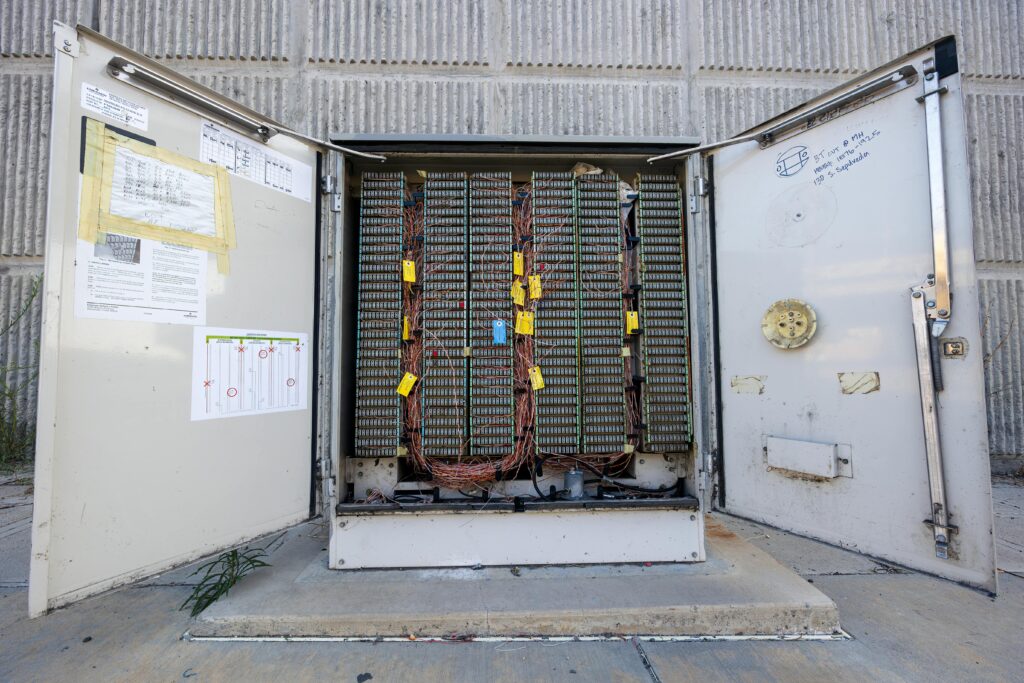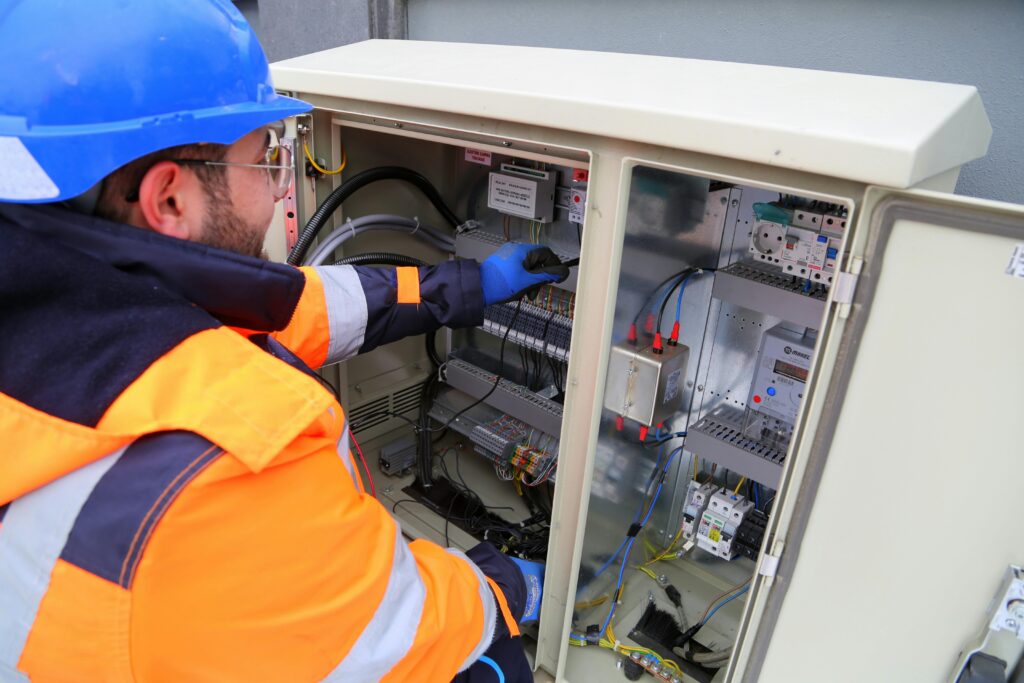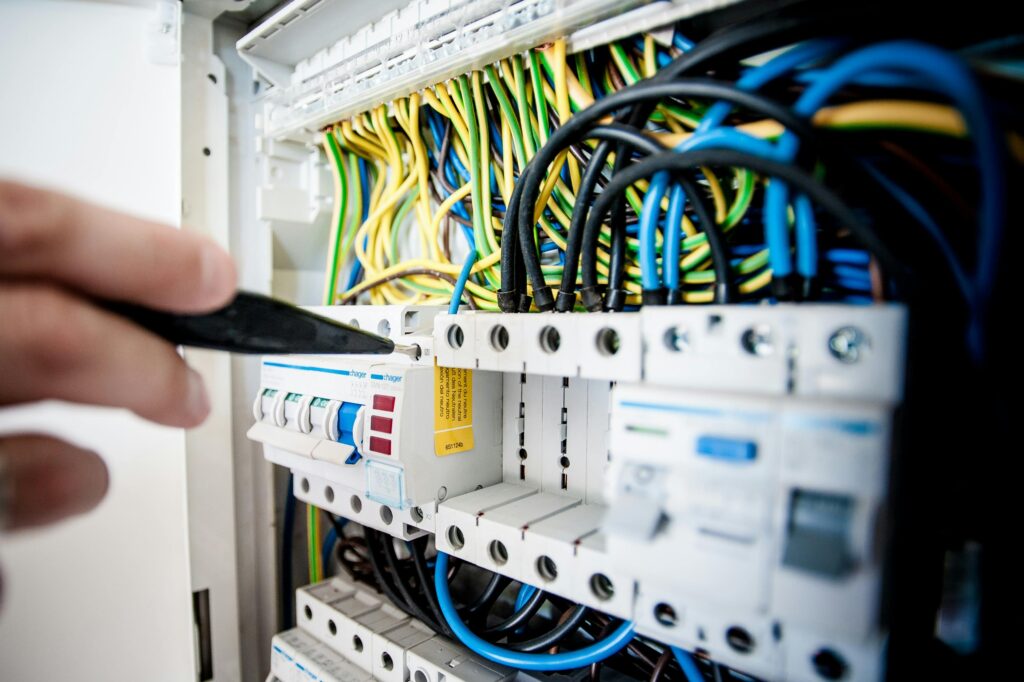As the demand for smart, energy-efficient buildings continues to rise, the role of a BMS Engineer (Building Management System Engineer) has become increasingly vital. From towering commercial skyscrapers to modern hospitals and residential complexes, the unseen force behind comfort, safety, and efficiency is often a well-engineered BMS system—and the expert who designs and maintains it.
But what exactly does a BMS Engineer do? Why is this profession so critical in today’s world? Let’s take a deeper look.

What is a BMS Engineer?
A BMS Engineer is a specialist who designs, installs, programs, tests, and maintains the automated systems that control a building’s essential operations. These include:
- HVAC (Heating, Ventilation, and Air Conditioning)
- Lighting and Energy Management
- Fire Alarm and Life Safety Systems
- Elevators and Escalators
- Security Systems (CCTV, Access Control)
- Water and Drainage Systems
- Power Distribution and Monitoring
These systems are often controlled through a central interface, allowing building operators to monitor performance, receive alerts, and optimize energy usage—ensuring everything runs smoothly and efficiently.
Why BMS is the Heart of Any Smart Building
Smart buildings rely on automation to reduce energy costs, improve comfort, and boost operational efficiency. A Building Management System acts like the “central nervous system” of the facility. Just as the brain controls human functions, the BMS monitors and regulates all major building systems through sensors, controllers, and user interfaces.
The benefits of a well-functioning BMS include:
- Energy Efficiency – Automatically adjusts lighting, HVAC, and other systems based on occupancy and time of day.
- Cost Savings – Reduces energy bills and maintenance costs by identifying inefficiencies.
- Improved Comfort – Maintains optimal indoor temperature, lighting, and air quality.
- Enhanced Safety – Integrates with fire alarms and security systems to respond to emergencies.
- Remote Monitoring – Allows facility managers to monitor systems from anywhere via cloud platforms.
Core Responsibilities of a BMS Engineer
A skilled BMS Engineer is involved in various stages of a building’s lifecycle—from planning and construction to long-term operation. Their responsibilities include:
- System Design & Planning
- Understanding project requirements and creating system architecture
- Choosing suitable sensors, controllers, and communication protocols
- Installation & Commissioning
- Supervising wiring, sensor placement, and hardware installation
- Programming and configuring the system software
- Testing & Troubleshooting
- Running diagnostics, testing functions, and troubleshooting faults
- Ensuring all components communicate and perform correctly
- Maintenance & Upgrades
- Performing routine checks and firmware updates
- Making improvements to optimize system performance
- Documentation & Reporting
- Creating wiring diagrams, panel layouts, and user manuals
- Providing reports to clients and facility managers
Skills and Qualifications of a BMS Engineer
To thrive in this role, a BMS Engineer needs a combination of technical know-how, software expertise, and real-world problem-solving skills. Here are some key skills and qualifications:
- Educational Background: Degree or diploma in Electrical, Electronics, or Mechanical Engineering
- Understanding of Control Systems: PLCs, SCADA, BACnet, Modbus, KNX, etc.
- Experience with HVAC Systems and Energy Efficiency Strategies
- Software Skills: AutoCAD, BMS programming tools, graphics design for HMI
- Analytical Thinking: Ability to read diagrams, interpret data, and solve issues quickly
- Communication Skills: Working with project teams, clients, and contractors
Career Opportunities for BMS Engineers
The demand for BMS Engineers is growing fast across various sectors such as:
- Commercial Buildings
- Hospitals and Healthcare Facilities
- Airports and Transport Hubs
- Shopping Malls and Residential Towers
- Industrial Plants and Warehouses
- Government and Military Facilities
With the world moving towards green buildings and smart cities, BMS Engineers are in a great position to build rewarding, future-proof careers.
Final Thoughts
In today’s digital era, building performance isn’t just about bricks and concrete—it’s about intelligence, connectivity, and control. BMS Engineers are the unsung heroes ensuring our buildings are smart, safe, sustainable, and comfortable.
Whether you’re planning a high-tech office space, upgrading an old facility, or just exploring career options in this field—understanding the role of a BMS Engineer can open the door to innovation and efficiency in modern infrastructure.






